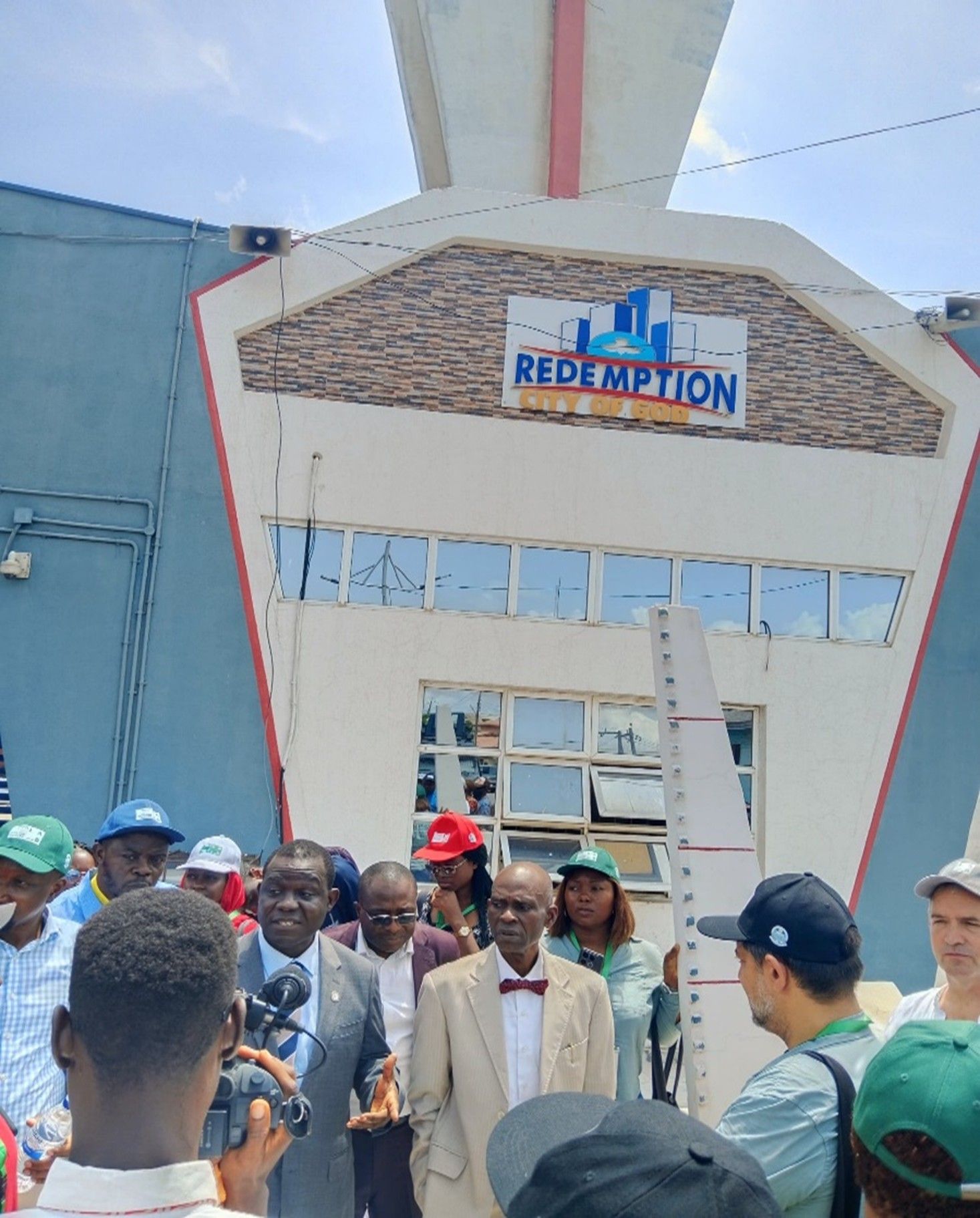PhD Student Esther Akiode reflecting on Summer School 2025
University of Ibadan, Ibadan, Oyo State Email
Leveraging Informalities for Urban Accessibility: An Approach to Attaining the 15-Minute City
Rethinking Informality in African Urban Futures
Informality plays a key role in urban sustainability, shaping the daily experiences of many, especially marginalised urban dwellers. Traditionally, the concept of informality has been framed with a simple dualistic view, presenting formality as the ideal and informality as a deviation. Neo-colonial development narratives suggest that as nations progress, informality gradually transforms into formality (Allam, Bibri, Chabaud, & Moreno, 2022). However, experiences from the Global South tell a different story (Azunre, Amponsah, Takyi & Mensah, 2021; Allam et al, 2022). Across Africa, urban stakeholders are beginning to de-problematise informality, viewing it instead as a productive possibility and a potential key tool in advancing urban sustainability (Azunre et al, 2021).
As a participant at the Wits-TUB-UniLag Urban Lab Summer School hosted at the University of Lagos, themed Inclusive Urban Futures. Timothy Nubi, a Professor at the University of Lagos, challenged the idea of a reimagined Africa through new modernisation models and instead argued that Africa should be reinvented. This means incorporating aspects of the continent’s social identity and systems into its development strategies. His arguments supported the growing discussion on how urban developments in African cities are too transformative, often erasing the many potentials of informal sectors and trying to fit into a utopian ‘megacity’ model. I reflected on how such a development approach is gradually eroding the social fabric of African cities and the survival systems embedded in informal practices in the name of advancement. I would term this phenomenon "Africide," the erasure of African cultural and social systems through urban transformation. Like genocide, which eliminates people, Africide targets indigenous urban logics, informal economies, and communal ways of life.
Informality Through the Lens of the 15-Minute City
Amidst these development tensions, the 15-minute city concept emerges as a compelling planning model that could help bridge formal and informal divides. Popularised by urban planner and professor Carlos Moreno (2016), the 15-minute city refers to a self-sufficient, people-centred neighbourhood designed to ensure that residents can access everyday essential services, such as housing, work, supplies, health, and education, within a 15-minute walk or bike ride from their homes. That is, the time required for people to access different nodes within urban spaces is given precedence and priority during city planning (Khavarian-Garmsir, 2025). The 15-minute city has gained global recognition as an urban planning model that has the potential to boost local economies, provide diverse employment opportunities, foster equitable and inclusive cities and promote health and wellbeing. Yet, in Nigerian cities where urban dwellers face accessibility challenges across housing, transportation, and employment, urban planning approaches that favour formal systems while sidelining the informal are still being implemented. This top-down planning approach contributes to exclusion, exacerbates inequality, and further marginalises vulnerable populations. I align my argument with Allam et al’s (2022) question. “Can we support informality to deliver sustainable outcomes rather than attempting to denigrate or eliminate it via neo-colonial agendas?” Well, I propose that informal services can be leveraged for promoting sustainable cities in Nigeria, particularly when viewed through the lens of the 15-minute city planning model.
Leveraging Informal Systems for Inclusive Urban Sustainability
Interestingly, I believe that many Nigerian neighbourhoods already demonstrate features of this planning model. An example is the Redemption City, formally called the Redemption Camp in Mowe, Ogun State. A guided tour visit to the city by Urban Lab Summer School participants to the City, revealed the dynamics of the city as a self-sufficient city that boasts of a population of over 200,000 people with access to basic services like schools, banks, parks, and hospitals. More interestingly, the city leverages informal services like traditional markets, local shops, informal transport services, to enhance residents’ access to essential services.

Summer school participants visit the Redemption City
Outside the redemption city, Nigerian neighbourhoods also rely on similar informal systems. Street vendors, repairers, food sellers, informal transport services, and local markets. These services not only provide accessibility, but fill the gaps of formal provision, by creating employment, providing flexible services that easily adapt to population shifts and expansion, are affordable and negotiable, and are able to cater to the needs of marginalised urban dwellers. The vibrancy provided by informal services also activates streets, making them vibrant, enhancing walkability and interaction.
Urban informality is now being recognised as not just a transient feature but a permanent aspect of Nigeria’s urban landscape, with undeniable contributions to the country's economic growth. It is therefore expedient that urban planners no longer overlook or sideline the informal sector in development agendas, but rather should develop a nuanced understanding of informal practices so as to incorporate these dynamics into contemporary urban planning models, such as the 15-minute city. This will ensure that developments in Nigeria moving forward are more inclusive, serving the people better.
References
- Allam, Z., Bibri, S. E., Chabaud, D., & Moreno, C. (2022). The ‘15-Minute City’concept can shape a net-zero urban future. Humanities and Social Sciences Communications, 9(1), 1-5.
- Azunre, G. A., Amponsah, O., Takyi, S. A., & Mensah, H. (2021). Informality-sustainable city nexus: The place of informality in advancing sustainable Ghanaian cities. Sustainable Cities and Society, 67, 102707.
- Cobbinah, P. B. (2025). The oddity of desiring informality. Dialogues in Human Geography, 15(1), 81-85.
- Khavarian-Garmsir, A. R., Sharifi, A., & Sadeghi, A. (2023). The 15-minute city: Urban planning and design efforts toward creating sustainable neighborhoods. Cities, 132, 104101.
- Lawanson, T., & Odekunle, D. (2020). Urban Informality in Nigeria: Town planning Priorities for Engagement and Inclusion.
- World Bank (2024). World Development Indicators. Retrieved from https://api.worldbank.org/v2/en/country/NGA?downloadformat=excel

